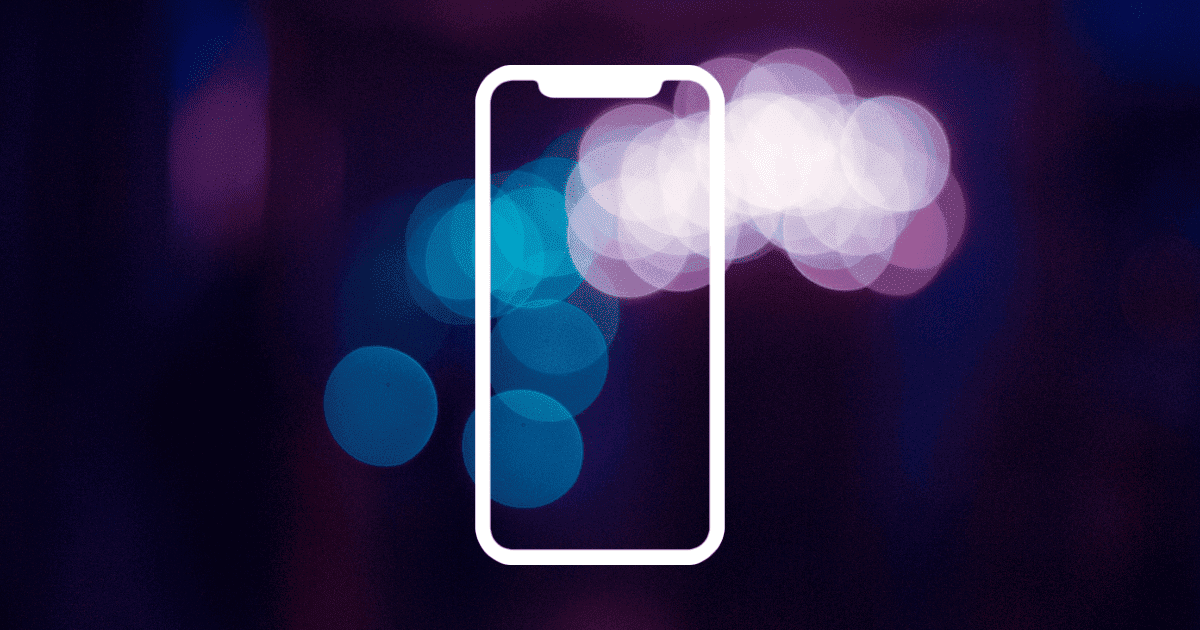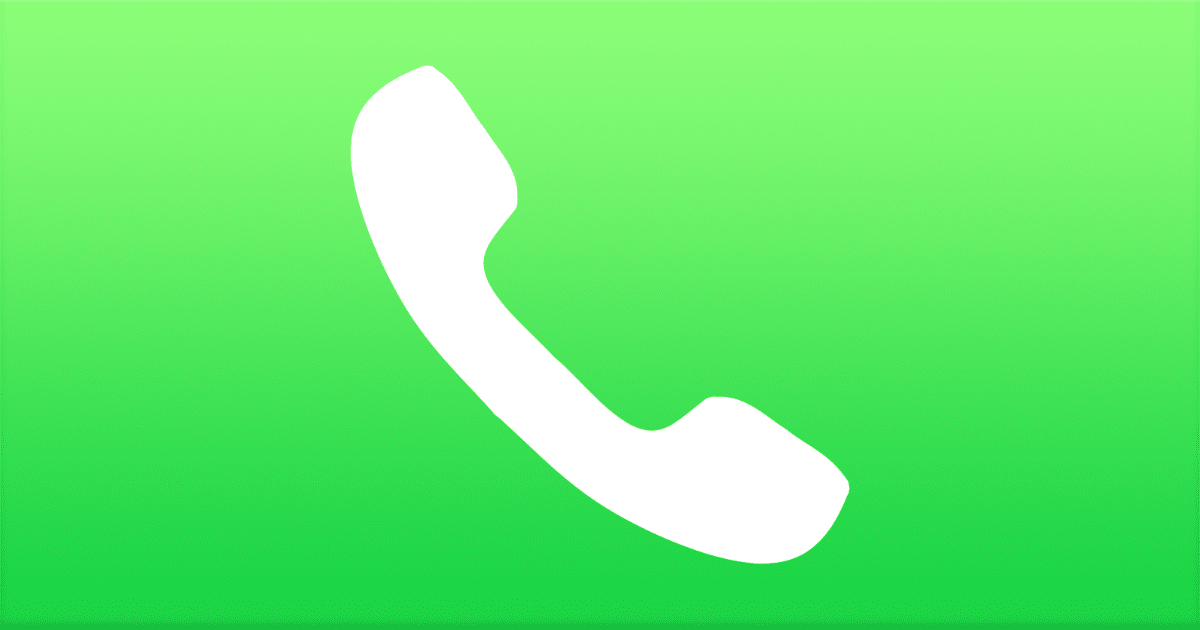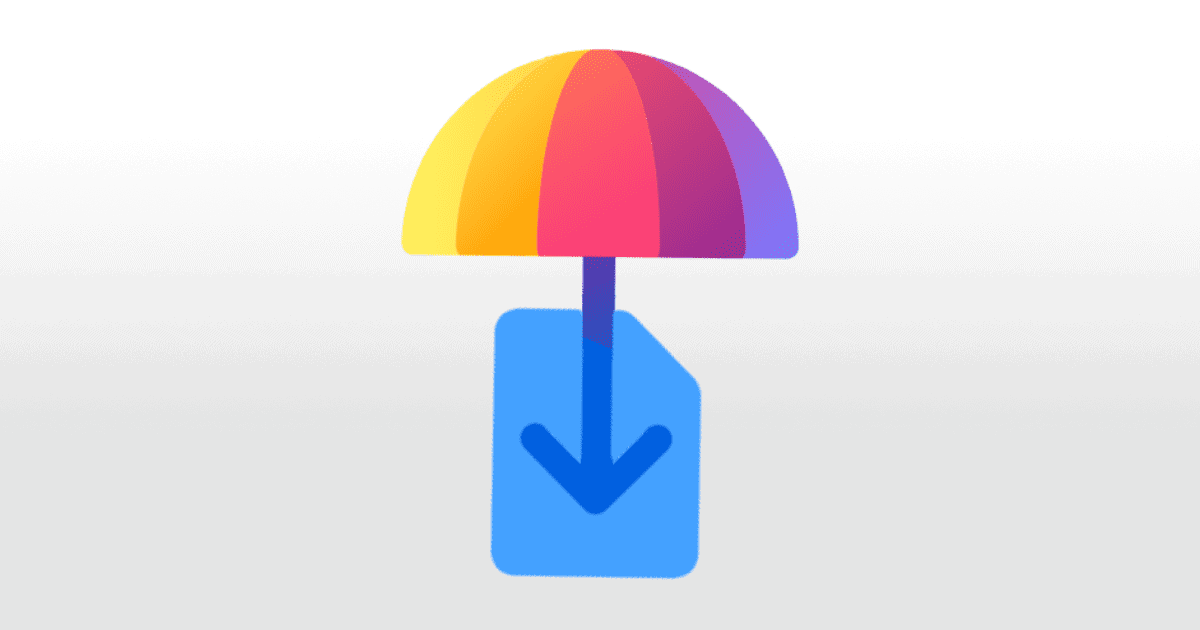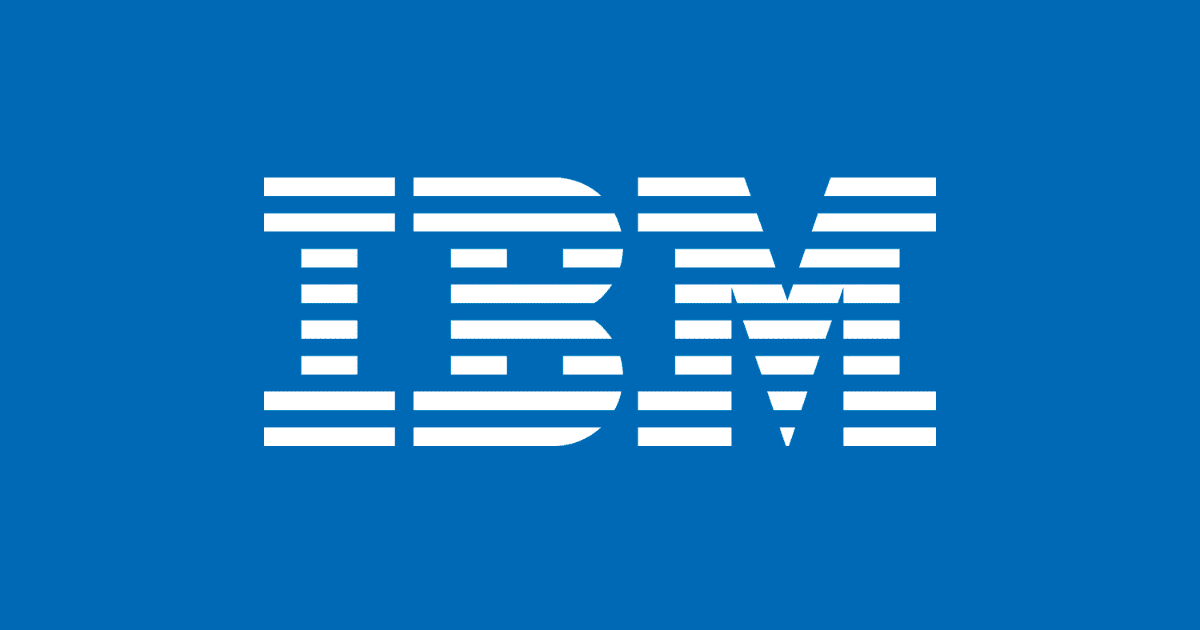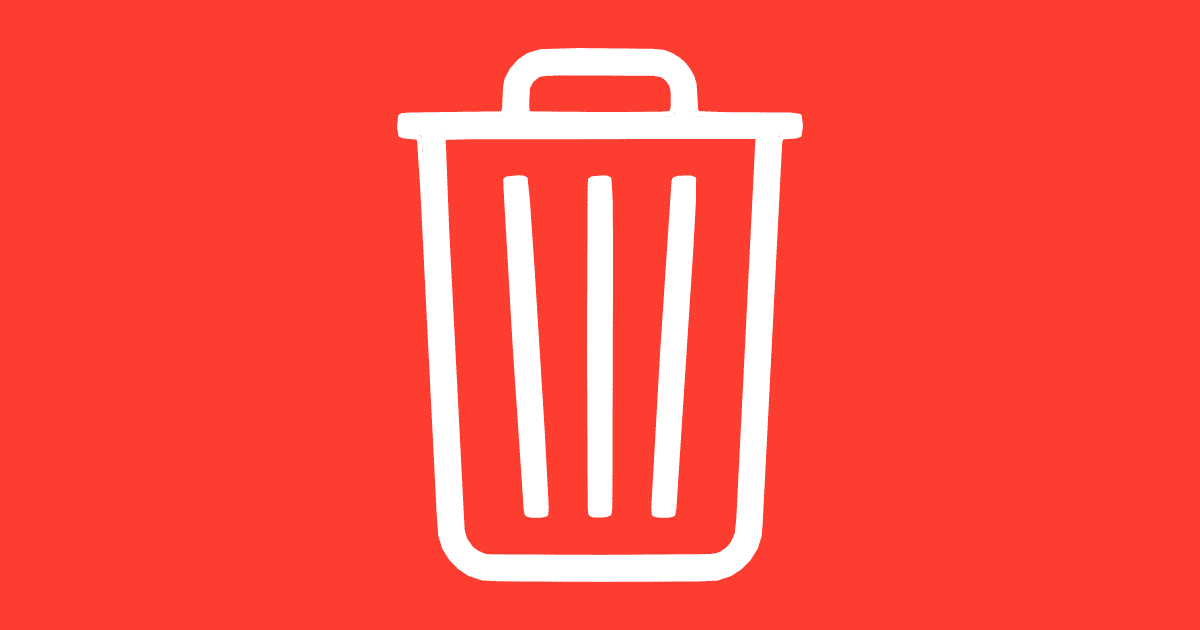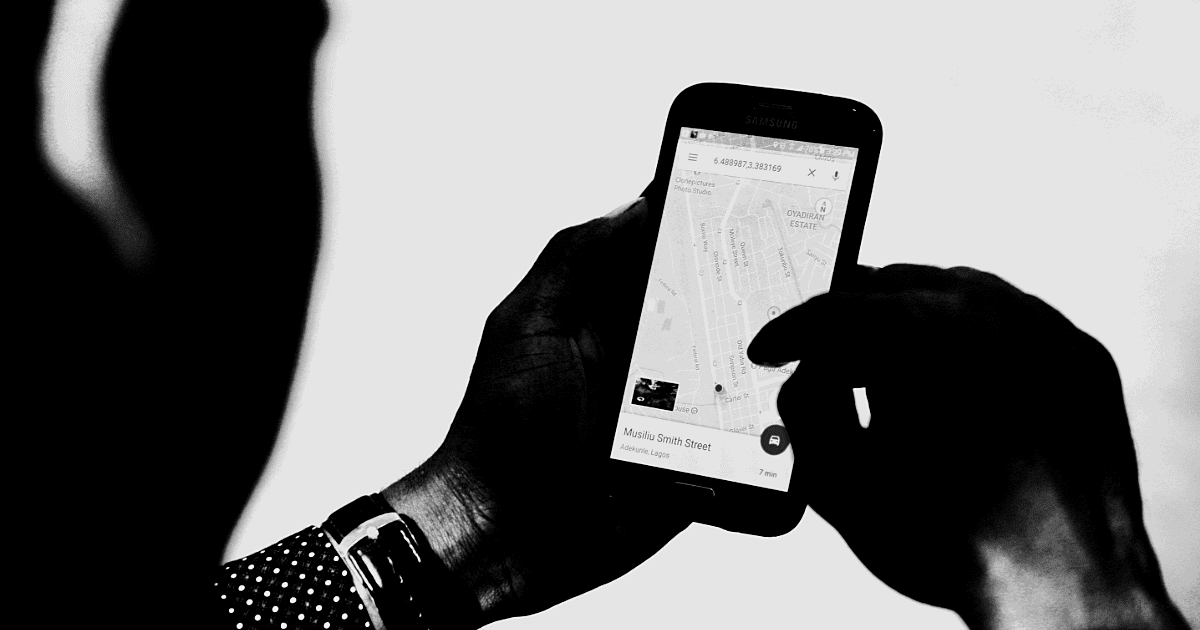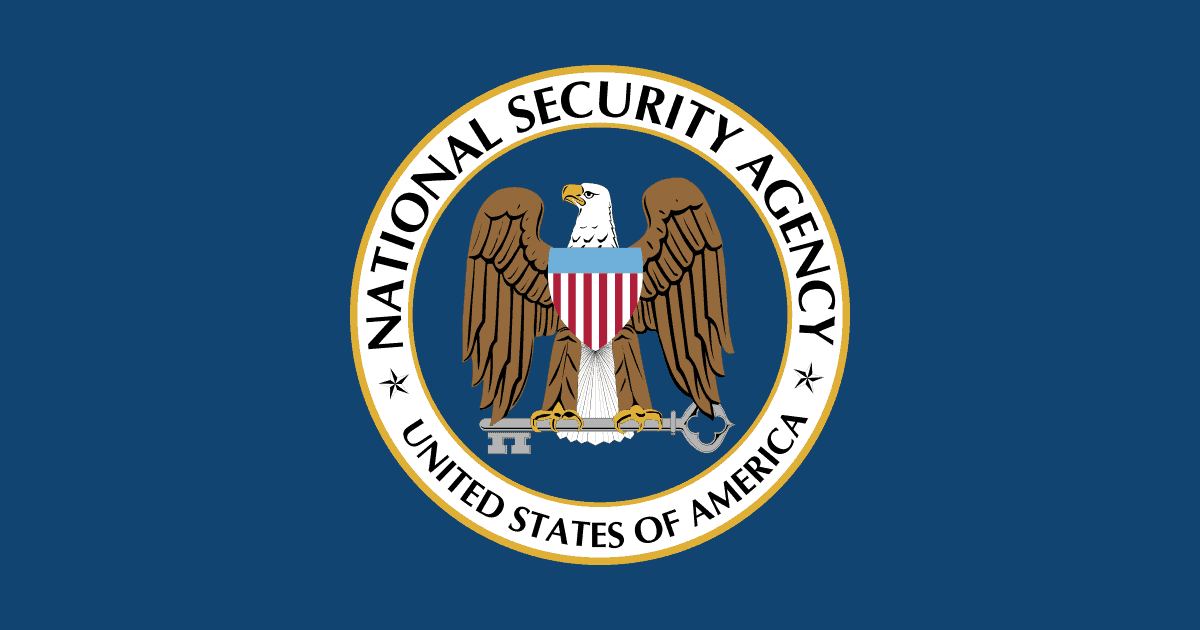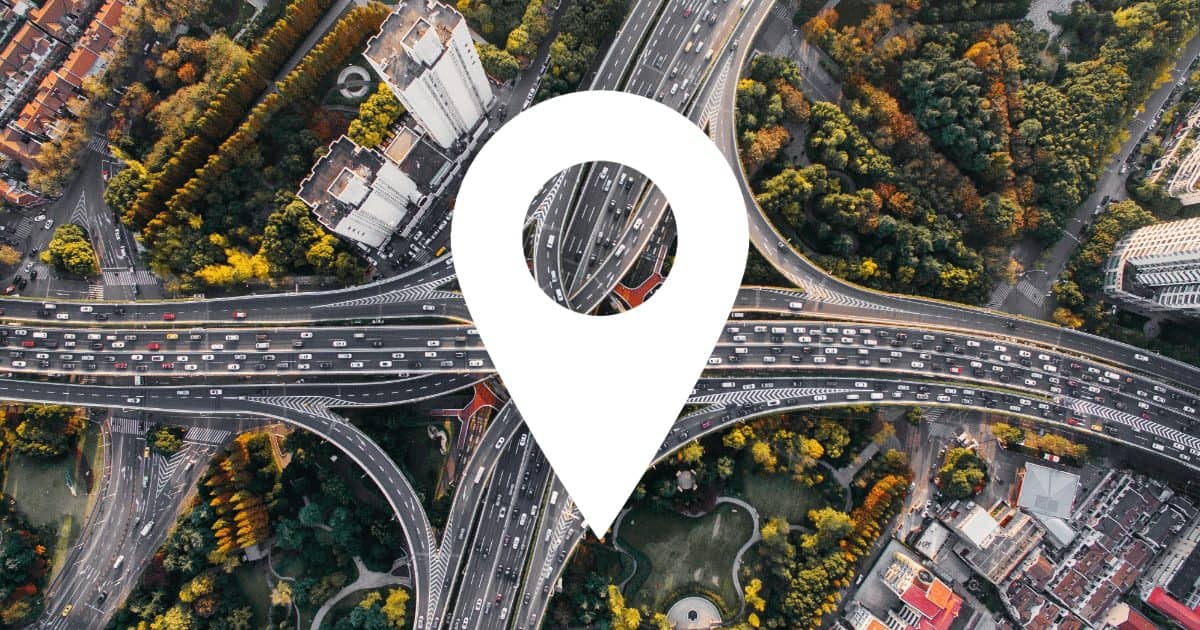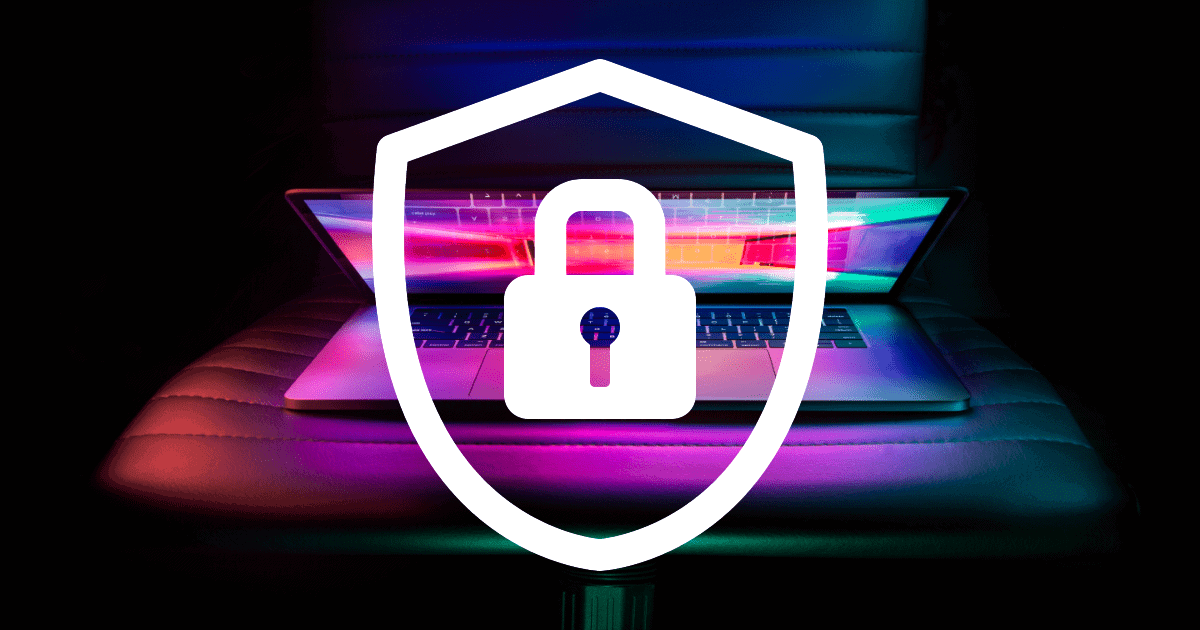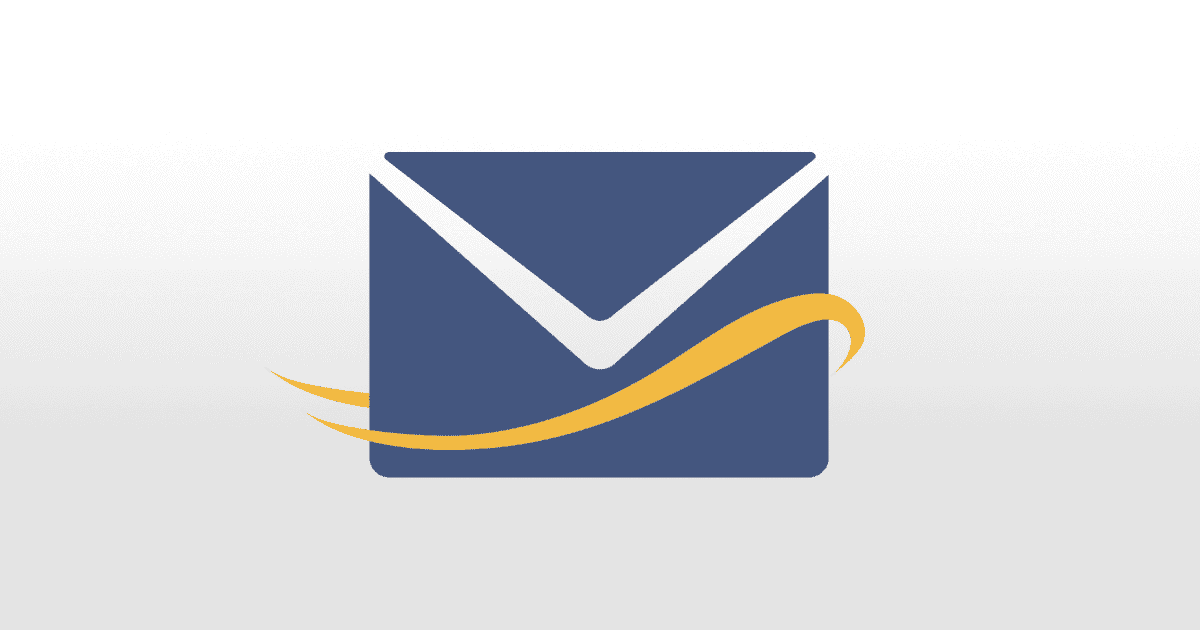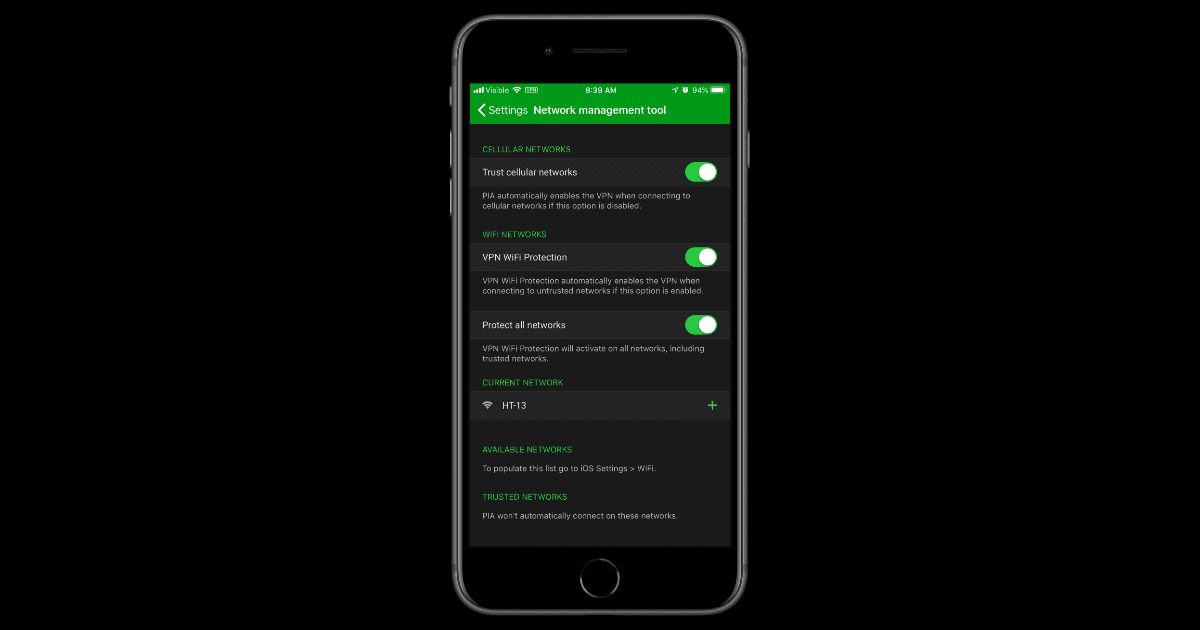The folks at Mind Chasers put together a constantly-updating list of Big Tech companies that spy on you, with examples.
Below is a listing of articles documenting various spying incidents, capabilities, and vulnerabilities that you may not already know. Maybe it will help drive home that our society has a big problem and make you think twice before you order your next connected device that’s built to spy on you.
This is a great resource to bookmark.
